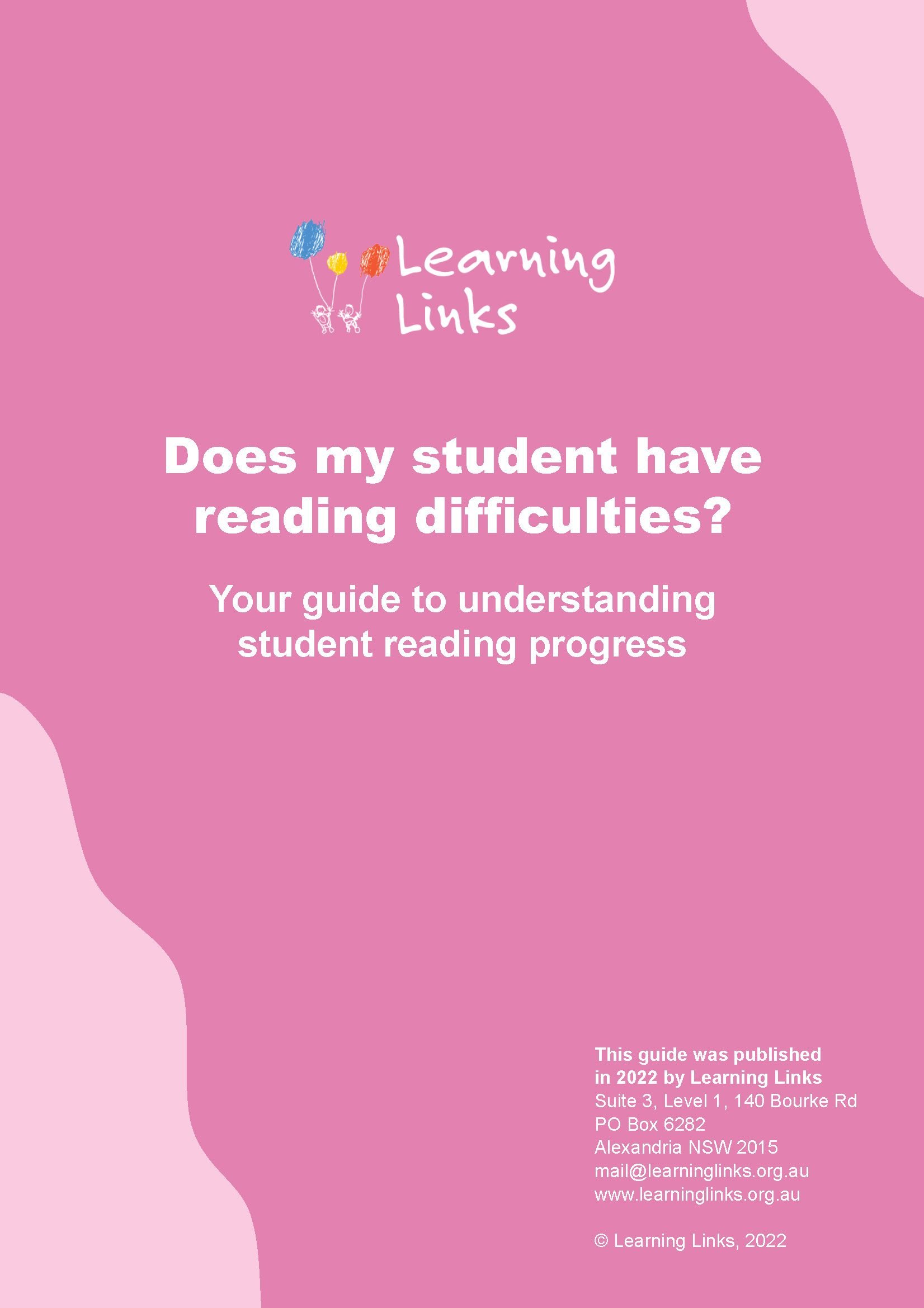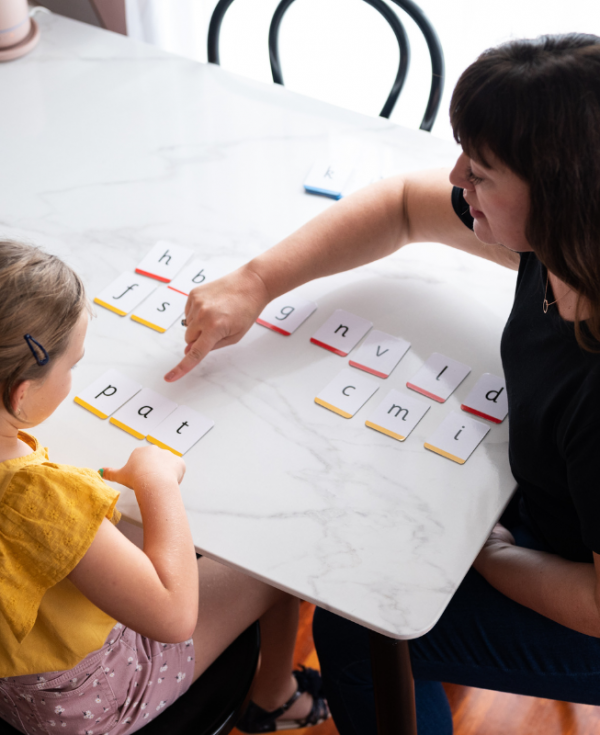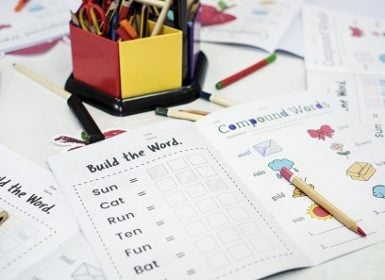The importance of reading and comprehension for children
Reading and comprehension are crucial literacy skills that impact nearly every aspect of life. Reading and understanding what we have read allows us to access information, stories, and ideas, opening doors to new knowledge and experiences.
When children engage with texts, they not only acquire new vocabulary and knowledge but also develop critical thinking skills that enable them to follow instructions, solve problems, and grasp abstract concepts. In everyday life, reading and comprehension are vital for functioning effectively. Whether it’s following a recipe, understanding the instructions on a medicine bottle, or staying informed about current events, these skills help children and adults make informed decisions and solve problems.
Reading and comprehension difficulties
There are many skills involved in reading and comprehension. Reading skills include oral language, phonemic awareness, phonics, vocabulary knowledge, fluency and comprehension. Comprehension skills alone require children to have a robust vocabulary and use prior knowledge to construct meaning from a text. With so many skills to master to become an effective reader, it can be hard for many children to learn how to read. Some children will just need extra time to develop all these skills while others may have underlying learning difficulties, such as Dyslexia and ADHD, which can make reading even more challenging. These children may need extra help through explicit instruction and targeted literacy intervention to develop their reading and comprehension skills. With this extra support, they can become confident readers over time.
Signs of reading difficulties
Signs of reading and comprehension difficulties in children can manifest in many ways, often hindering their academic and personal development. Key indicators include:
- Struggles with Pronunciation: Difficulty pronouncing words correctly, frequently guessing or misreading words.
- Limited Vocabulary: A noticeably smaller vocabulary compared to peers, often resulting in frustration or reluctance to read.
- Slow or Disjointed Reading: Reading at a significantly slower pace or with a disjointed rhythm, which can impede understanding and retention of information.
- Poor Comprehension: Trouble understanding and summarising what has been read, often missing key details or main ideas.
- Avoidance of Reading: Reluctance or refusal to read, showing a lack of interest or frequent excuses to avoid reading activities.
- Frequent Mistakes: Making repeated mistakes when reading aloud, skipping lines or words, and losing place frequently.
- Difficulty Following Instructions: Challenges in following written instructions or understanding homework assignments.
Identifying these signs early can help children to access timely support, enabling them to overcome these obstacles and improve their reading skills.
Free Reading Progress Guide
Sign up to our newsletter to get a checklist of reading skills expected at each stage of schooling to help you understand how a child is tracking in their reading development.

Reading and Comprehension Resources
To empower children to build the foundation literacy skills, Learning Links has developed a range of articles, resources, webinars and self-guided courses to upskills parents, carers, teachers and other professionals supporting children with their learning.
Reading Support Articles for Parents

Reading Program for Parents
The Links at Home – Reading Program provides a step-by-step support guide for families with children in Grades 1 to 3 who find reading hard. The free online program teaches parents and carers the basics of Systematic Synthetic Phonics and games and activities to support reading at home.









